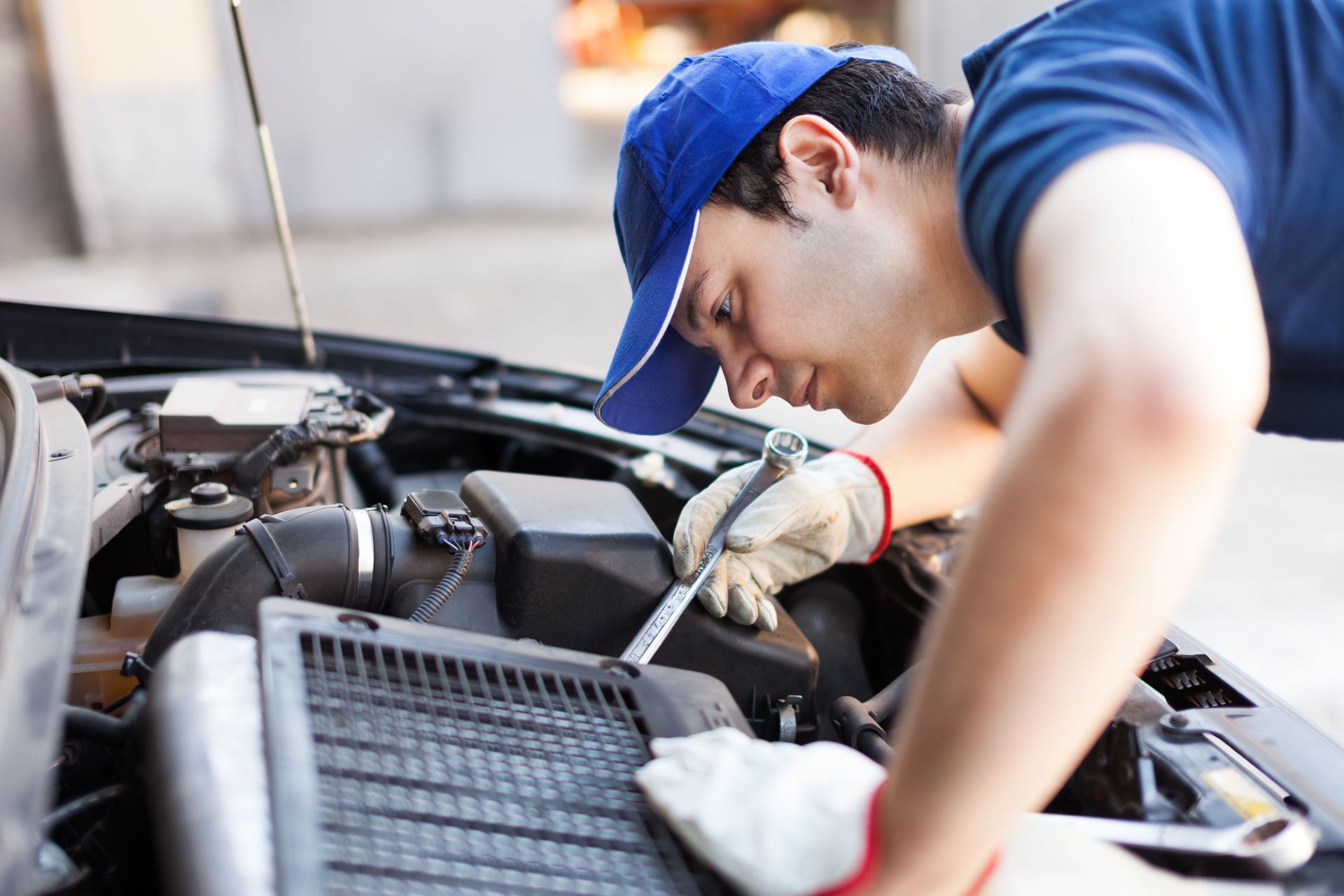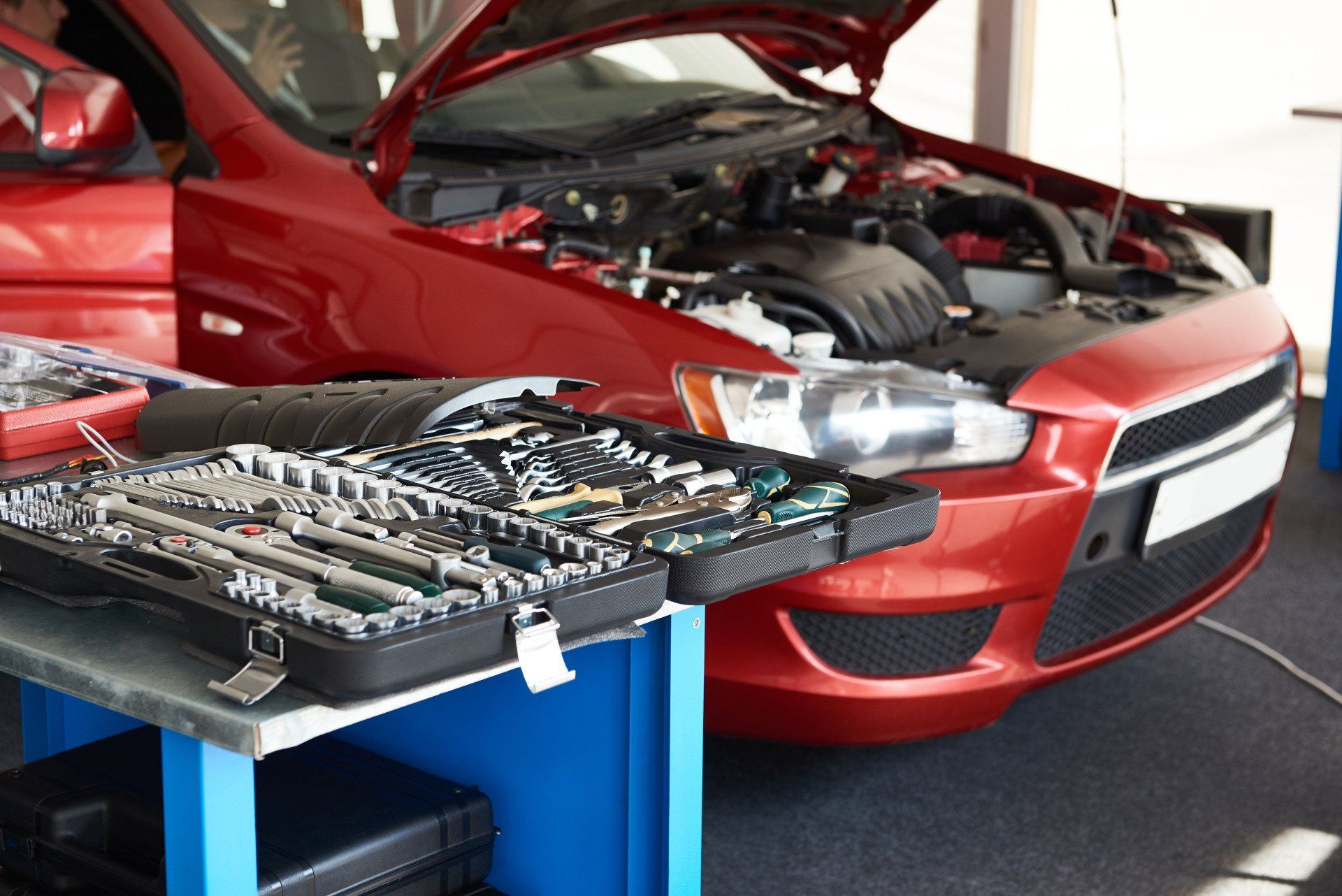Your link to the best products in the industry!
When Is It Time to Have Car Parts Replaced?
According to Consumer Reports, the typical life expectancy of a new car is 200,000 miles or an estimated eight years. As time goes on, you may be wondering if it's time to replace some parts of your car for the sake of its life expectancy. Let's take a look at a few of the indicators that show up when it's time to start investing in replacements.
Your Car Has Become Unsafe
If your car is breaking down to the point where you find yourself stranded by the side of the road, you might need to look into automotive services that are capable of replacing key parts of your car. A professional service will be able to assess the state of your parts, such as your brake pads, battery, or alternator. With the help of an expert, you can have the problem part replaced so your car can work as well as it did when you first purchased it.
Your Car Is Making Strange Noises
One of the telltale signs of any vehicular issue is strange cranking, clicking, or squeaking noises when you turn your engine on. The challenge is figuring out the source of the noises and how to properly address them. Low oil pressure, misaligned valves, or a misadjusted lifter are a few of the potential causes, though a professional car service will be needed to accurately identify and address the issue.
Your Car Is Not Blowing Cold Air
Your car's AC system not working is one of the most telling, and uncomfortable, signs that your car needs proper replacement services. If your car's air conditioning suddenly gives up or takes an unusually long time to start, this could be the result of a faulty air compressor, a clogged filter, or a battery issue. No matter what the cause is, the next step is to schedule an appointment with a professional car service capable of replacing the faulty part.
Before you jump to purchasing a brand-new car, first consider if a car part replacement is the wiser, more cost-efficient option. If you're in need of some replacement parts or maintenance work on your current vehicle, Mays Shedd Sales & Service is the company to call. Give us a call today to learn how our full range of services can help keep your car on the road.



Share On: